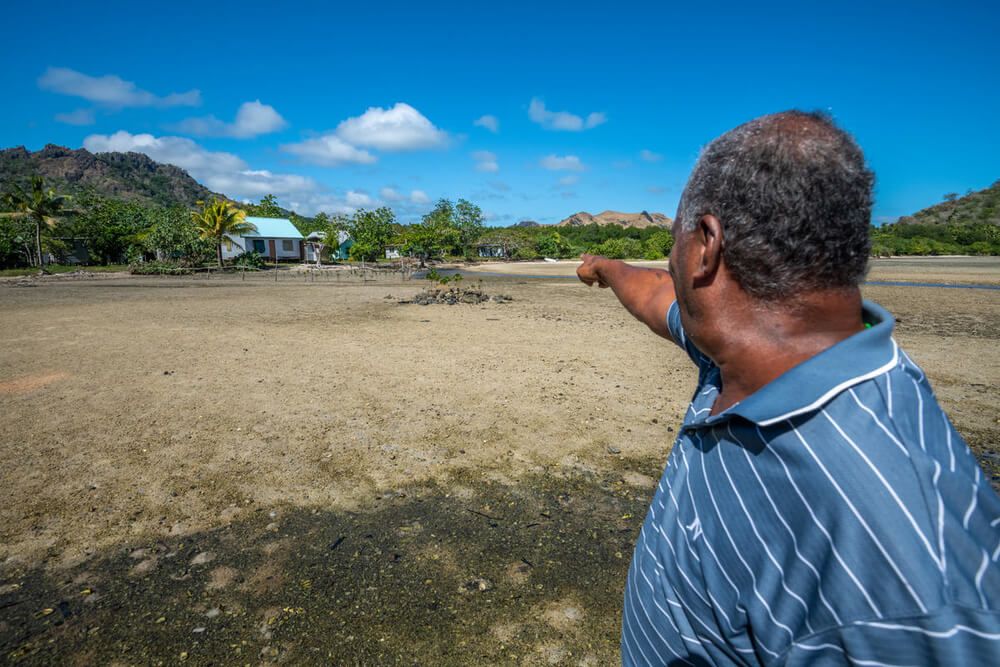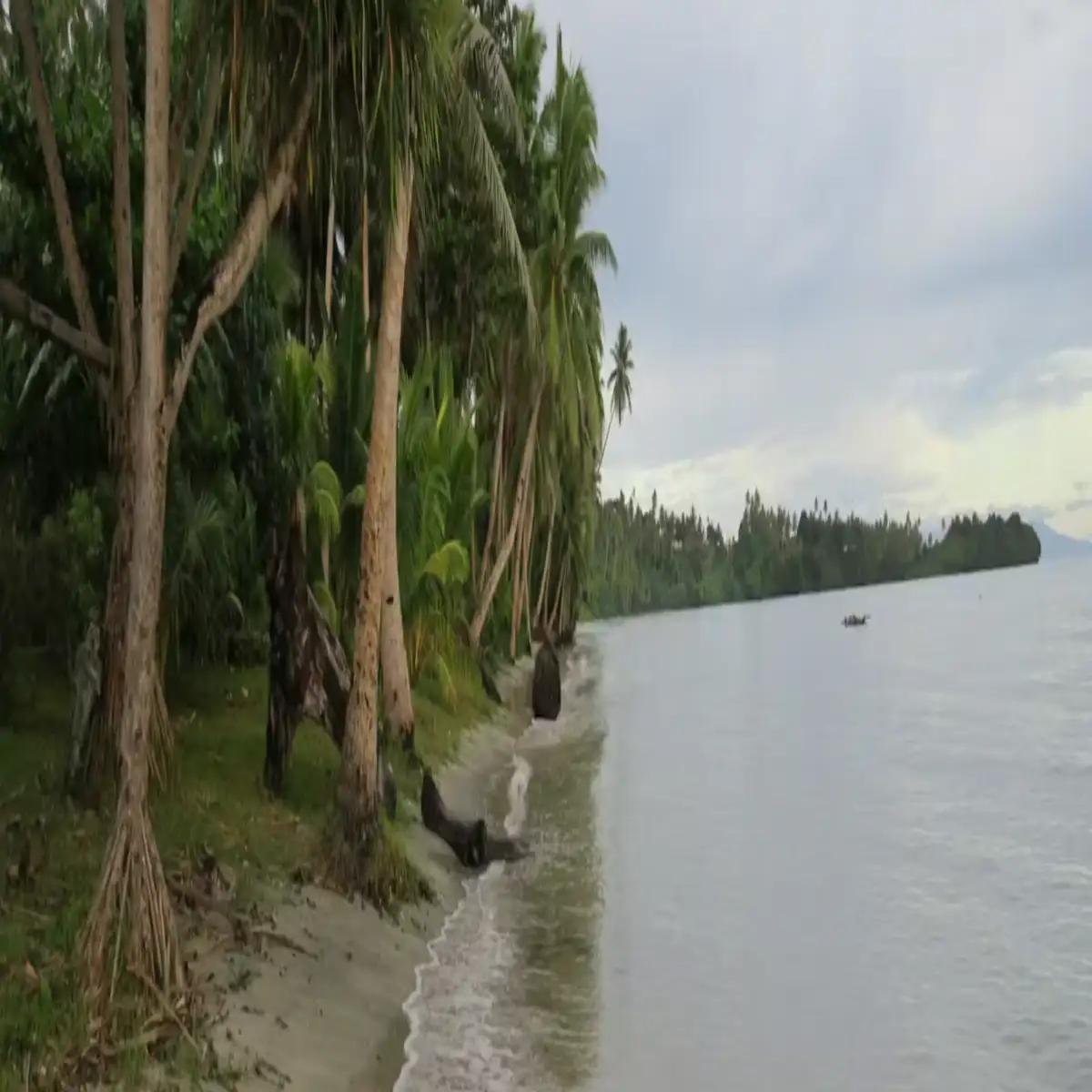

A community gathering in a Fijian coastal village, highlighting the connection between people, land, and traditional practices.
Photo/Global Environment Facility (GEF)
Pacific nations push to modernise colonial-era laws before political change erases progress
Across the Pacific, communities are calling for outdated laws, covering land, mining, and resources, to be updated.


Takatāpui divas break South Island mould at World Buskers Festival


Pacific women scholars call for ‘radical’ shift in global health systems


Takatāpui divas break South Island mould at World Buskers Festival


Pacific women scholars call for ‘radical’ shift in global health systems
In many Pacific island countries, people are speaking up about old colonial laws that still guide how land, resources, and communities are treated.
A non-government organisation (NGO) in Fiji is now urging leaders to take a 'multi-party' approach when changing these laws, so reforms do not stop every time a new government comes in.
Chantelle Khan, Fiji's Human Rights Commissioner, says the government must move faster on updating outdated laws, especially the Mining Act, which still reflects colonial-era rules.
Her comments follow the Prime Minister’s remarks at a recent Fiji Media Association event in Tavua, where he stated that changing old mining laws would take time and require consultation across the country.
Khan agrees consultation is important, but says the government must not let the process drag on.
“They’re very old laws,” she says in a statement. “They need to change. The government should stop saying it will take a long time and get on with the work.”

A local leader points towards the shoreline as coastal erosion advances - a reminder of how land and resource issues are central to the debate. Photo/WWF Arctic
She says the best way forward is a multi-party effort involving all political groups, not just the current government.
According to Khan, this protects the reform process from being dropped every time there is a change in leadership.
“You are not in power forever,” she says. “If all political parties help shape the reforms, then the next government will also support them. They will feel ownership and continue the work, instead of putting it aside.”
A wider Pacific trend
Across the Pacific, countries such as Papua New Guinea, the Solomon Islands, Sāmoa, and Vanuatu are also reviewing old colonial laws.
Many of them are connected to land, mining, the environment, and community rights.
These island nations share a common challenge: laws created without Indigenous input, written for a different time, and often out of step with local customs.
A legal advocate from Vanuatu, speaking about their own reforms at a community forum, says: "When laws come from outside and not from our people, they don’t fit our way of managing land. Updating them is not just legal work, it’s cultural work."
In the Solomon Islands, community land rights officials say slow reforms create uncertainty for landowners. One leader explains: "Families worry that if the law stays the same, companies will keep making decisions without them. People want reform that protects them, not just investors.”

A traditional coastal landscape in the Pacific, symbolic of the land and cultural value communities want to protect under new laws. Photo/The Conversation/Celia McMichael
A Sāmoan NGO recently noted that reforms must survive political change: “Every time a new government comes in, the work starts again. That is why we push for cross-party support. It keeps the reforms alive.”
Fiji’s debate on the Mining Act sits within this wider effort. Across the region, communities want laws that protect the environment, support fair development, and respect traditional landowners.
NGOs say these Pacific voices point to a shared goal: laws that reflect local values, safeguard land and resources, and pass from one government to the next without losing momentum.